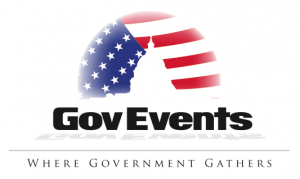 Our connected world has enabled everyday people to become trusted sources for news and information. Take for example, buying a car. "Historically," you would do research through the mainstream media reading Consumer Reports and car magazines. You'd get the input of professionals in the car industry, likely someone you had never heard of before, but trusted them because cars were their job.
Our connected world has enabled everyday people to become trusted sources for news and information. Take for example, buying a car. "Historically," you would do research through the mainstream media reading Consumer Reports and car magazines. You'd get the input of professionals in the car industry, likely someone you had never heard of before, but trusted them because cars were their job.
Today, you may still do some traditional research, but you may also put a post on Facebook or Twitter asking your friends and connections their thoughts on the models you are considering. What you get back is first hand knowledge from the people you know. The feedback is in more than the words they offer in their response. What you know about their personality and lifestyle will likely impact how you view their input. Those offering positive feedback have become ambassadors for the car brand.[Tweet "Those offering feedback have become ambassadors for the brand. #GovEventsBlog"]
Now, let's move this to the event world. Events are not objects like cars - they are living, breathing entities that are powered by the people that plan and attend them. Because of this, the perspective of people is critical in making decisions about what events to attend. With this in mind, a formalized event ambassador program should be part of event marketing. Continue reading





